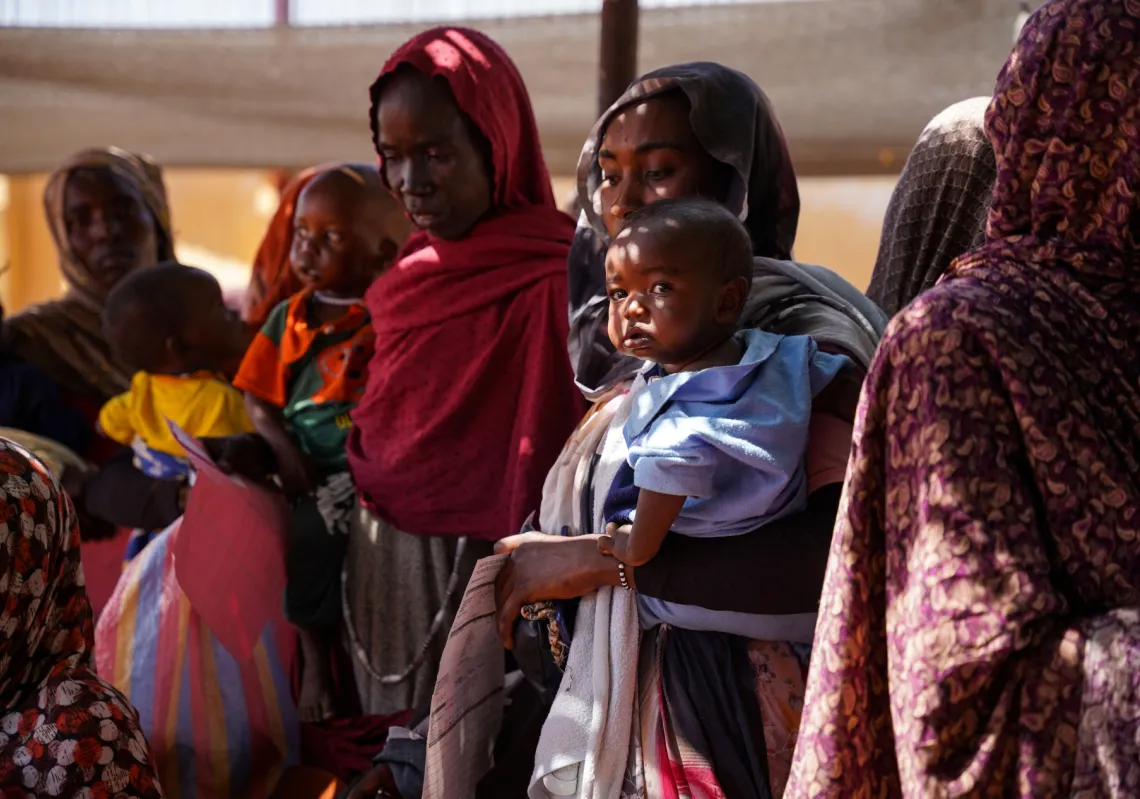Anniversaries are a time for reflection, and twentieth anniversaries all the more so. In Europe, 2009 saw much reflection on the fall of the Berlin wall in 1989. This year, round the world, there are other anniversaries. Among them is the twentieth anniversary of the start of the start of the negotiations between the Gulf Cooperation Council (Bahrain, Kuwait, Oman, Qatar, Saudi Arabia and United Arab Emirates) and the European Community for a Free Trade Agreement. Why is it that these negotiations have yet to be concluded? And are there structural reasons, in terms of global political economy, why have they taken so long?
This is not the place for a detailed analysis of all the features of a negotiation with such a long and complex history. All the same, a significant anniversary is a thought-provoking opportunity for a retrospective look. This is all the truer where the object in view is a free trade agreement. For, with the rarest of exceptions, few free trade agreements are really about free trade alone, narrowly defined: they nearly always involve at least some wider mutual approach to trade and economic relations. And in many cases, particularly when relationships between non-contiguous regions are involved, there is some political motivation aiming at a result going wider than trade.
It is often said that globalisation and regionalisation are complementary processes –two sides of the same coin. In some ways, globalisation may not really be global: instead, the process displays marked geographical unevenness, shown in the concentration of economic activity in the “triad” regions of North America, Western Europe and East Asia. This “triad” accounts for the huge bulk of global GDP and global foreign direct investment. So globalisation has a strong regional component.
Nor is this new. The roots of globalisation and regionalism lie far back in world history – at least as far back as the discovery of the New World in the fifteenth century, and the formation of the United Netherlands in the sixteenth, the United States in the eighteenth, the short-lived European Zollverein customs union in the nineteenth, and – rather differently - the USSR in the twentieth. But regionalism was given new impetus – and a new shape - in the post-war world, as states pooled aspects of their sovereignty to gain wider goals. The formation in the 1950s of what became the European Union was a key European example. But the later twentieth century has seen plenty of other examples round the world – among them the Association of South-East Asian Nations (ASEAN) from 1967, the South African Development Community (SADC) from 1980, the Gulf Cooperation Council (GCC) from 1981, and Mercosur from 1991. All these showed different degrees and dynamics of regional integration, taking place for different reasons. But all reflected the attraction of geographical groupings of countries and markets as a way of building mutual cooperation.
Given this background, it is of course natural for regional groupings to seek the added advantage of building links between each other. And the uneven progress of globalisation strengthens the case for their doing so. However – and here we come to the EU-GCC negotiations – broad linkages between complex groups are not necessarily easy to enshrine in agreements. A narrow agreement between two states, or even an agreement between a regional group and a third state, may be much more straightforward, particularly when the agreement covers a specific and well-defined field. But a broader accord, such as one providing for free trade between two groups of countries, is inherently more challenging. At any particular point in time, there are variations in the “fit” between the two groupings – their degree of integration or their comparative state of development, for example. And, at a dynamic level, there are questions concerning the future pace of change that each envisages for itself, and social and political questions about the risks and rewards of change. Finally, at any given time, one or other grouping may be faced by new or difficult challenges: at the time being, for instance, both the EU and the GCC are having to consider the extent to which they can integrate systems of financial supervision in the wake of the global financial crisis.
All this means that agreements between regions, whatever their attractions, are not easy to bring about. There may be junctures at which they seem feasible, only for internal stresses, political change, economic preoccupations or some new challenges to draw the parties apart. But none of this, it seems to me, should be a cause for discouragement. Indeed, the twenty year lifetime of the EU-GCC negotiations has been a period of growing interregionalism, and the present juncture may well be particularly favourable to it. To take only two factors, the need for economic reconstruction precipitated by the financial crisis, and the common post-Copenhagen objective of tackling climate change in non-adversarial ways, are key drivers that favour agreements between regions towards achieving shared economic aims. I hope that the EU-GCC negotiations will derive energy from them and allow a Free Trade Agreement to be concluded.
John Cooke – Chairman, Liberalization of Trade in Services Committee, International Financial Services London (IFSL)







